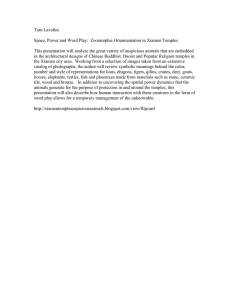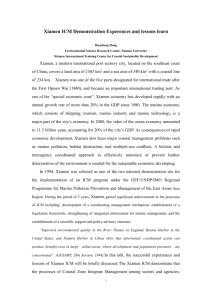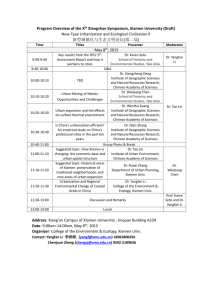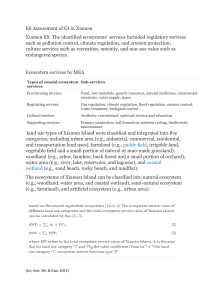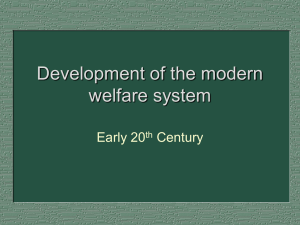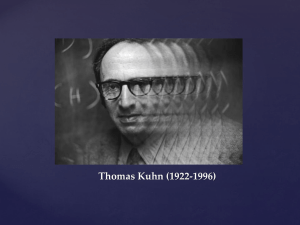State-Market-Civil Society Co-operation in Social
advertisement
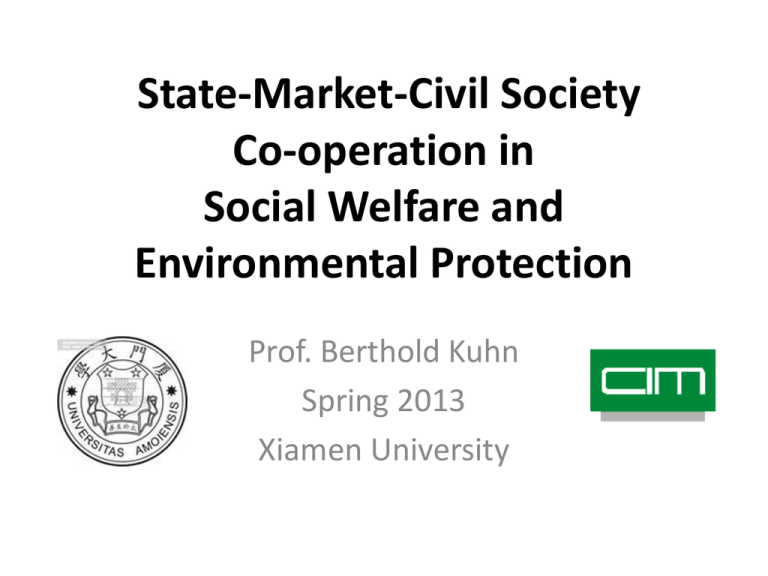
State-Market-Civil Society Co-operation in Social Welfare and Environmental Protection Prof. Berthold Kuhn Spring 2013 Xiamen University Content of the Course • State Market Civil Society – theories and practices of cooperation from different countries. • Focus on two cooperation areas: social welfare and environmental protection. • Mix of lectures of Professor, students presentations (with support of Professor), discussions and simulation games. 2 Why is it so essential to understand S-M-C cooperation in the modern world? • Increased Complexity • From Government to GOVERNANCE: statecentered to multi-centered (polycentric) • Transformation of power, trade, social interaction leads to new arrangements. • New Actors, New Stakeholders, New Forms of interaction, New Processes. • more opportunities for voice and participation (better education, technology, mobility) 3 The quest for innovation • State failure, market failure (or “limitations of success”) in certain policy areas • The third sector is supposed to play a leading role in public sector innovations…(Pestoff 2012, p. 1102) • Networking, resource sharing, information sharing, access sharing, cost sharing • Co-production of service: users, community, public sector, private sector, NGOs 4 Dear SPA/SPP students, Please visit my course on Monday afternoon hours in spring 2013 at Xiamen University to learn more about state-market-civil society cooperation in social welfare and environmental protection. Berthold Kuhn, Xiamen, January 2013
